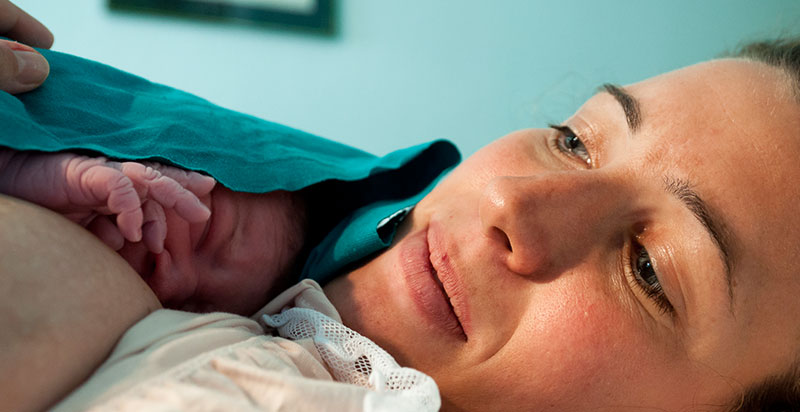Getting a baby after 35 can bring stress you never expected. You feel the pressure of time. You worry about success, health, and costs. People around you ask questions that sting. Each failed test makes your heart heavier.
You’re not alone. Many feel lost and afraid when trying to conceive. You may have waited due to career, health, or personal reasons. Still, the fear that your chance is slipping away grows.
IVF looks like hope, but it’s not simple. You wonder if it will work. You’re tired of unclear answers and false promises. You just want facts.
Can You Get Pregnant through IVF at 35?
Yes, it’s possible to get pregnant through IVF at 35. But the process needs clear expectations. At 35, your egg quality may have started to change. You still have a good chance, but it’s lower than in your 20s. IVF can help, but not always on the first round.
You need to know what your body is ready for. Doctors may advise checking your ovarian reserve before starting. Some women may need more than one cycle. Your overall health and your partner’s fertility matter too. IVF can work, but it’s not a one-size answer. You should be prepared for the path ahead.
Things to Know before Undergoing IVF after 35
Many women ask what they should be ready for before starting IVF at 35 or older. It’s not just about age. It’s about understanding your health, options, and mindset. This step helps you avoid unwanted surprises later.
Egg quality declines with age
Your eggs don’t stay the same as you get older. At 35, some may have issues. This can affect success. That’s why doctors often suggest acting sooner if you want a baby. It’s better to check your levels early.
You might need more than one cycle
One IVF cycle might not be enough. Many women need two or three tries. Each cycle comes with time and costs. It’s wise to be mentally and financially ready. This helps you stay calm during the wait.
Success rates vary for each person
Success isn’t the same for everyone at 35. It depends on your health, your egg supply, and other issues. A fertility test helps give a clearer picture. This way, your doctor can guide you better from the start.
You may consider egg donation
If your egg count is low, doctors may suggest donor eggs. It’s a hard choice for some. But for others, it means a better chance. It’s still your baby, carried by your body, loved by your heart.
Your lifestyle plays a big role
Smoking, heavy drinking, and being underweight or overweight can reduce your chances. Try to eat well, sleep enough, and move daily. These small steps can help your body respond better to IVF treatment.
Stress can affect your cycle
Stress doesn’t help. It can throw off your cycle and make IVF harder. Try to do things that help you feel calm. Talk to someone. Don’t keep your feelings in. You don’t have to do this alone.
Your partner's health matters too
It’s not just about you. Sperm health can drop with age too. Doctors may ask for tests. If there’s an issue, treatment or donor sperm could be options. The goal is to find what gives you the best chance.
Freezing eggs earlier helps
If you’re not ready now, freezing your eggs can help. The younger the eggs, the better the chance later. Talk to your doctor to see if this is right for you. It gives some peace of mind.
IVF costs can add up
It’s not cheap. IVF costs vary and may not be covered. Think about savings or payment plans. It’s best to ask upfront about what’s included. This stops you from being shocked later by bills.
Emotional support is important
This process can take a toll on your heart. Don’t hide your feelings. Talk to a friend or a therapist. Join support groups if you want. Others know what you’re going through. You’re not being weak. You’re being real.
IVF after 35 can work, but you need clear facts. You need support, planning, and strength. It’s okay to ask questions. Keep going, one step at a time.




